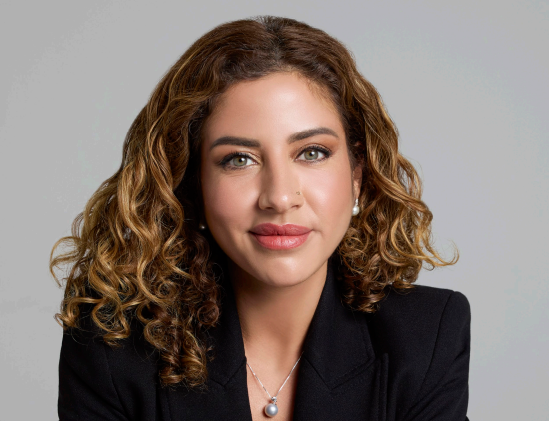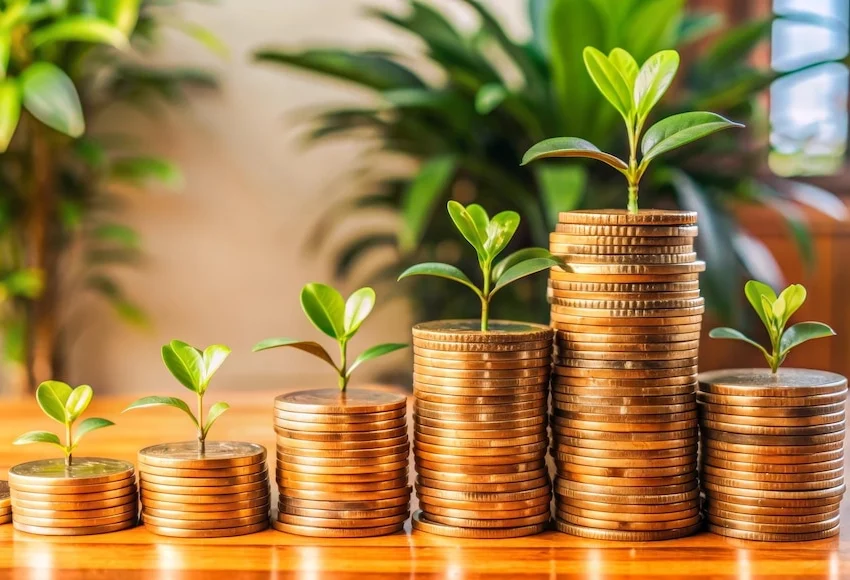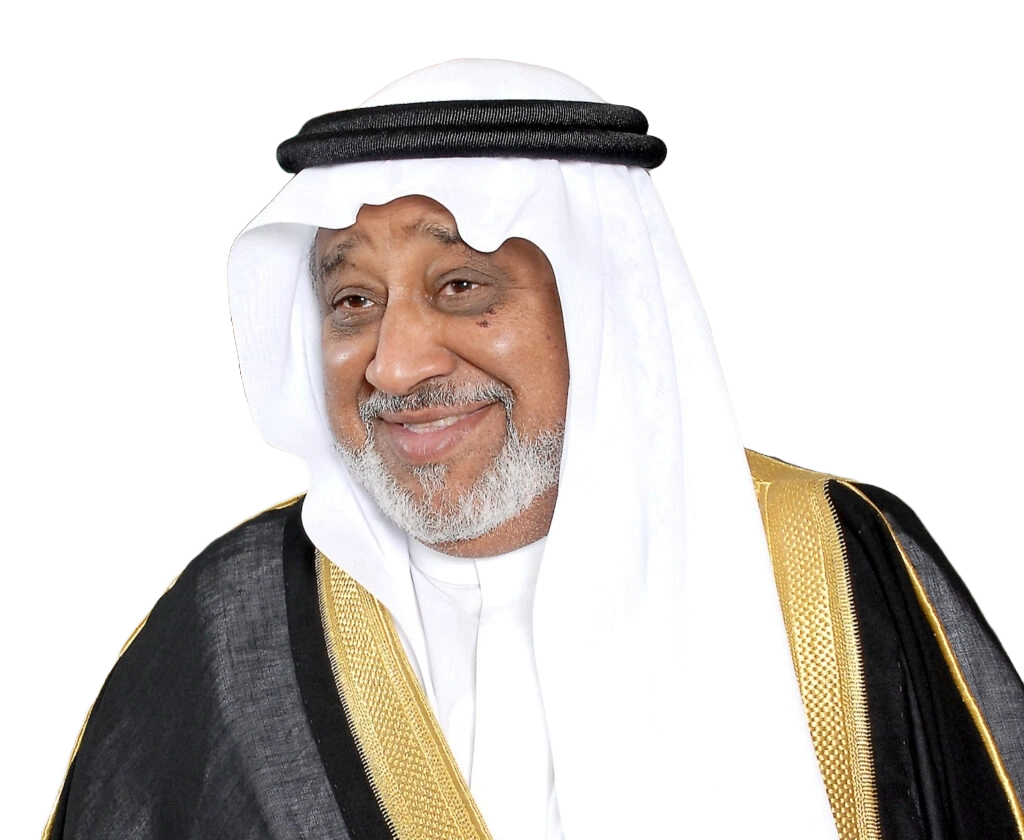AI’s COGNITIVE INDUSTRIAL REVOLUTIONTRANSFORMING INDUSTRIES AND SHAPING THE FUTURE By Amna Kanwal In the annals of human history, revolutions have always marked turning points that redefine economies, societies, and the way we live. From the steam-powered First Industrial Revolution to the mass production of the Second, the digital transformation of the Third, and now the dawn of the Fourth Industrial Revolution, each wave of change has pushed humanity into uncharted territories. Today, we are witnessing yet another transformative epoch: the Cognitive Industrial Revolution, driven by artificial intelligence (AI). Unlike its predecessors, this revolution is not merely mechanical or digital; it is cognitive—rooted in the ability to replicate and enhance human-like thinking, decision-making, and creativity. THE RISE OF COGNITIVE TECHNOLOGIES AI, particularly advancements in machine learning, natural language processing, and neural networks, is at the heart of this revolution. Unlike traditional software, AI systems can analyze vast amounts of data, learn from patterns, and make decisions autonomously. These capabilities are unlocking unprecedented efficiencies, innovations, and possibilities across industries. The term “Cognitive Industrial Revolution” aptly describes how AI transcends automation by imbuing machines with a semblance of intelligence. This shift enables machines to not only perform tasks but also to solve complex problems, interact with humans in natural ways, and create content that rivals human output. Reshaping Industries 1. HEALTHCARE: REVOLUTIONIZING DIAGNOSIS AND TREATMENT In healthcare, AI is a game-changer. Cognitive systems like IBM Watson and Google DeepMind analyze patient data, medical literature, and research to provide faster, more accurate diagnoses. AI-powered tools are predicting diseases before symptoms manifest, enabling early intervention. Moreover, personalized medicine is becoming a reality. AI algorithms tailor treatments based on a patient’s genetic makeup, lifestyle, and medical history. Robotic surgical assistants, guided by AI, are improving precision in operations, reducing recovery times, and lowering risks. 2. MANUFACTURING: SMARTER, LEANER PRODUCTION The manufacturing sector is at the forefront of the Cognitive Industrial Revolution. AI-powered predictive maintenance systems analyze equipment data to foresee and prevent breakdowns, saving billions annually. Autonomous robots in factories collaborate with human workers, streamlining production lines and enhancing safety. AI’s ability to design and optimize supply chains is another critical contribution. By analyzing data from global markets, weather patterns, and logistics networks, AI systems minimize waste, reduce costs, and ensure products reach consumers faster. 3. FINANCE: A NEW ERA OF RISK MANAGEMENT The financial industry has long been a data-intensive sector, making it a natural adopter of cognitive technologies. AI-driven algorithms detect fraudulent activities in real-time, safeguarding billions of dollars annually. In investment management, AI analyzes market trends and customer behavior, enabling more informed decision-making and tailored investment strategies. Fintech companies are leveraging AI to create inclusive financial services. AI chatbots and virtual assistants are making banking accessible, even to those in remote areas with limited traditional banking infrastructure. 4. RETAIL AND E-COMMERCE: PER – SONALIZATION AT SCALE In retail, AI is driving hyper-personalized shopping experiences. Machine learning models analyze consumer preferences, purchasing history, and behavior to recommend products with astounding accuracy. Voice-powered shopping assistants, such as Amazon’s Alexa, have made browsing and buying seamless. Behind the scenes, AI optimizes inventory management and demand forecasting. Retailers can now predict trends, manage stocks, and adjust pricing strategies in real-time, maximizing profitability and minimizing waste. 5. EDUCATION: TAILORED LEARNING JOURNEYS AI’s cognitive capabilities are transforming education by personalizing learning experiences. Intelligent tutoring systems adapt content to individual student needs, ensuring everyone learns at their own pace. AI tools assist teachers in grading, curriculum design, and identifying struggling students early. Virtual reality (VR) and augmented reality (AR) technologies, augmented by AI, are making learning more immersive. Students can now explore ancient civilizations or witness complex scientific processes in 3D, revolutionizing traditional education methods. ETHICAL IMPLICATIONS OF THE COGNITIVE REVOLUTION While the Cognitive Industrial Revolution holds immense promise, it also raises ethical concerns. Issues such as job displacement, data privacy, and algorithmic bias require careful navigation. 1. JOB DISPLACEMENT VS. JOB CREATION AI’s ability to automate complex tasks is reshaping the labor market. While it eliminates repetitive and manual jobs, it also creates new opportunities in AI development, maintenance, and ethical oversight. Reskilling the workforce is essential to ensure people remain relevant in an AI-driven economy. 2. DATA PRIVACY AND SECURITY AI systems rely on vast amounts of data to function effectively. Ensuring this data is collected, stored, and used ethically is paramount. Striking a balance between innovation and privacy will require robust regulations and transparent practices. 3. BIAS AND FAIRNESS AI systems can inherit biases from their training data, leading to unfair outcomes. Ensuring diversity in data sets and implementing rigorous testing protocols are crucial to mitigate these risks. GLOBAL IMPACTS AND COLLABORATION The Cognitive Industrial Revolution is not confined to a single region; its impacts are global. Countries are racing to become AI superpowers, with significant investments in research, talent development, and infrastructure. However, collaboration across borders is essential to address shared challenges, such as climate change, global health crises, and cybersecurity threats. 1. CLIMATE ACTION AI is playing a pivotal role in combating climate change. From optimizing energy grids to predicting natural disasters, cognitive technologies are helping societies become more sustainable and resilient. 2. HEALTHCARE FOR ALL AI-driven innovations are bridging healthcare gaps in underserved regions. Mobile diagnostic tools, powered by AI, are enabling early detection of diseases in remote areas, saving lives and reducing healthcare disparities. 3. EDUCATION ACCESS Through AI-powered platforms, quality education is reaching marginalized communities. Language translation tools, personalized learning modules, and affordable hardware are democratizing education globally. THE FUTURE: BEYOND AUTOMATION As we delve deeper into the Cognitive Industrial Revolution, the boundaries between humans and machines will continue to blur. AI is evolving from a tool to a collaborator, complementing human creativity and intellect. The focus will shift from automation to augmentation, where AI enhances human capabilities rather than replacing them. 1. HUMAN-AI COLLABORATION The future workplace will be defined by human-AI partnerships. Creative fields like art, music, and design are already witnessing collaborations where AI generates ideas that humans










